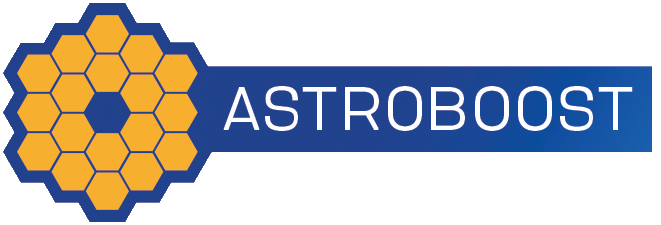Outreach training
Whether you’re new to outreach or an old-timer, you can always add more tools to your science communication toolkit. Luckily, there are plenty of places you can get free training and skills/knowledge development. Learn new ways to engage your audience, and keep up with the latest developments in science communication.
Presenting Skills for all occasions:
A treasure trove of videos about astronomical society outreach, including presentation tips, activity demonstrations, and examples of inclusive practice including how better to engage girls.
The UK Presenter Network is a friendly, volunteer-run organisation that brings all sorts of presenters together to share practice. Astronomy Society members are very welcome. There are regional events and an annual conference. If there’s not a regional hub for your region yet, consider starting one up.
This accredited online course is FREE! Although you do need to look carefully to find the free option. It has been developed by the wonderful Liz Avery from Royal Observatory Greenwich, who also runs The Presenter Network. You can start any time and the free option will give you three weeks to complete (at approx. 3 hr work per week).
Clear, accessible (and short!) article introducing some basic concepts that can help you make your outreach more effective. Written by Andrew Fraknoi (Astronomical Society of the Pacific) and aimed at astronomers who visit schools or groups to do outreach. Perfect for beginners or anyone who usually gives lectures.
Four pages of tips and best-practice guidance for getting volunteers up on stage to help with demonstrations. Produced by AstroBoost.
The Astronomical Society of the Pacific have general guidance on working with young children. Scroll down past the activities to the bottom of the linked page to find a list of links to written/video guidance.
STEM Learning have regional hubs across the UK. If you sign up as a STEM Ambassador then you can access a wide range of free training opportunities. Signing up also gets you a free criminal record check, which is required by many schools. AstroBoost recommends becoming a STEM Ambassador for these and many other benefits.
Improving accessibility:
This is a similar style list to the one linked above. There are sections for visual, hearing, motor, and intellectual disabilties. The information includes detailed advice for improving wheelchair users’ access to telescopes.
Stelle Per Tutti (Stars for All) have shared detailed designs of an eyepiece extension they designed for Shmidt-Cassegrain telecopes. The description is in Italian, but can be translated using Google translate.
This is a great place to start if you want to learn how to make your events more accessible. There are sections on deafness, blindness, autism and mobility.
Other training resources:
Peer-reviewed, online journal aimed at people who communicate astronomy in non-formal contexts (ie outside schools/colleges etc). Great if you’re interested to get a wider view of the outreach landscape, to think more deeply about your own practice, and to get new ideas for activities.
Free access only for members of the UK’s Federation of Astronomical Societies. Documents include A Guide to Why you should do Outreach, and detailed Child Protection guidelines. They also have information about running outreach events in the document Growing your Society.
Peer-reviewed, online journal about astronomy education in formal contexts including schools and colleges. Includes some interesting studies of students’ prior knowledge.
Short and well-written guidance from the Institute of Physics, aimed at physicists talking at careers events. Includes some information about running events too. There is more about careers events on their main page.
Searchable database of academic studies and articles relating to astronomy education. This is a great way to find and get access to items from the large body of research that now exists.
If you know any other resources that should be here, please get in touch!
I’m especially interested to know of anything that your society has used in practice and that you have found worked for you.

